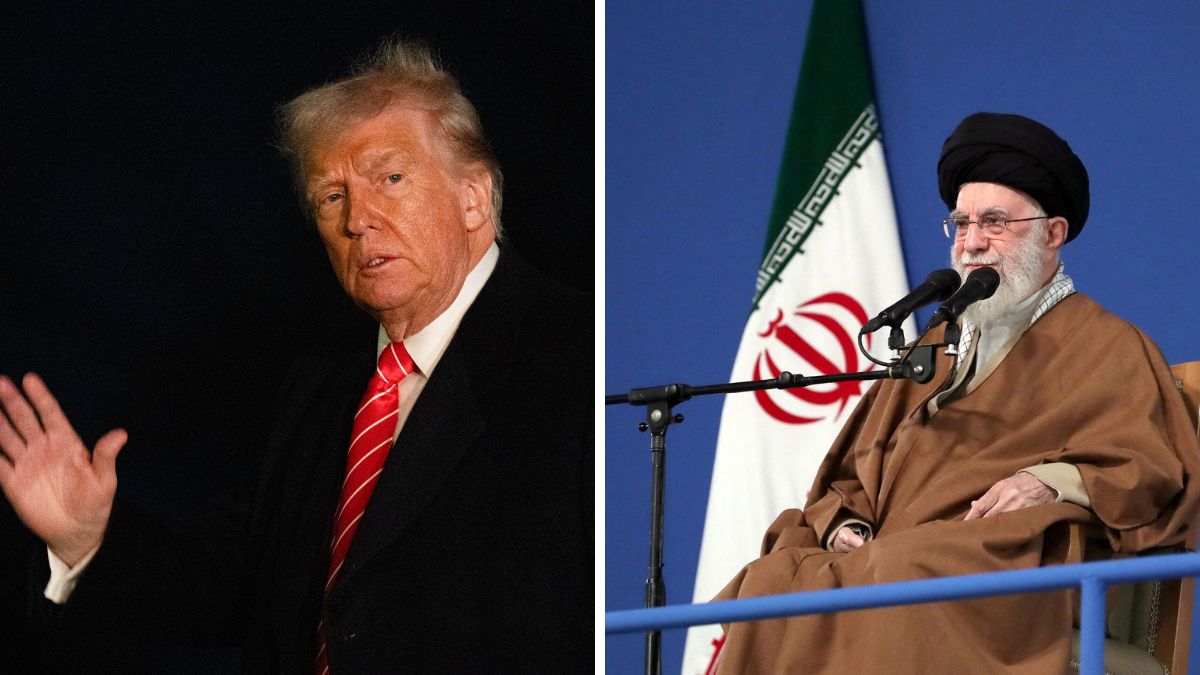Iran’s Supreme Leader Khamenei rejects US pressure on uranium enrichment, slams 'nonsense' demands

Iran’s Supreme Leader Ayatollah Ali Khamenei has firmly rejected American criticism of Tehran’s nuclear programme, declaring that the Islamic Republic does not require permission from any foreign power to enrich uranium.
Speaking yesterday at a ceremony marking the first anniversary of former president Ebrahim Raisi’s death in a helicopter crash, Khamenei condemned Washington’s stance, particularly in light of faltering indirect negotiations. “They say, ‘We won’t allow Iran to enrich uranium.’ That’s way out of line,” Khamenei asserted. “No one in Iran is waiting for their permission. The Islamic Republic has its own policies and direction — and it will stick to them.”
His remarks underscore growing frustration in Tehran over the tortuous nuclear talks, which have seen little progress despite four rounds of indirect talks mediated by Oman since April. President Donald Trump claimed last week that Iran had “sort of” agreed to a deal, but Iranian officials swiftly pushed back.
Iran’s chief negotiator reportedly rejected American demands for a complete halt to uranium enrichment ahead of a new round of talks expected this weekend. While enrichment can be used to produce fuel for reactors, it also has potential military applications. Iran currently enriches uranium to 60 per cent, significantly above the 3.67 per cent limit set by the 2015 nuclear agreement, though still short of weapons-grade levels.
Foreign Ministry spokesman Esmaeil Baghaei told state media that no final decision had been made on the next round of talks, citing Washington’s contradictory and constantly changing positions. Deputy Foreign Minister Kazem Gharibabadi confirmed that Iran was reviewing a new proposal from the US.
Trump, who unilaterally withdrew the US from the 2015 deal during his previous term, has threatened military action should diplomacy fail. His special envoy, Steve Witkoff, told ABC News on May 18 that any deal must begin with “no enrichment,” calling it a red line due to its weaponisation potential.
Iranian Foreign Minister Abbas Aragchi responded that “unrealistic expectations stop negotiations,” reiterating that enrichment is “not something that can be stopped.”
Khamenei used the occasion to praise the late Raisi for resisting direct talks with the US, in contrast to his predecessor Hassan Rouhani. He cast doubt on any breakthroughs under Raisi’s successor, reformist Masoud Pezeshkian, citing a history of unproductive negotiations.
Lashing out at Trump’s latest warnings, Khamenei accused the US of trying to “drag Iran to the negotiating table through threats or tricks,” and dismissed the credibility of American demands. “No one in Iran will ever ask for America’s permission,” he said. “This nation will never bow to coercion — not yesterday, not today, not ever.”
Middle East